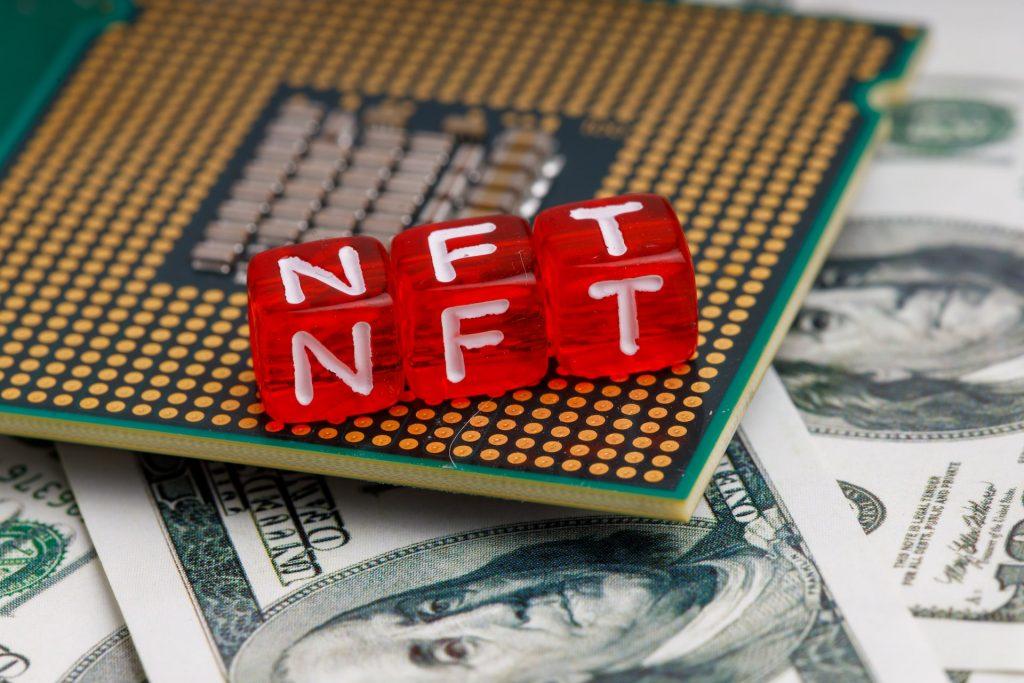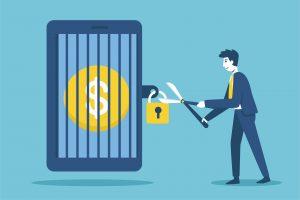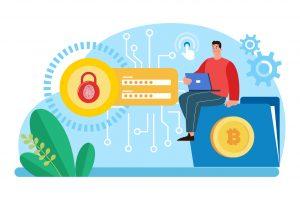The worldwide entertainment business has begun to dangle its toes in NFTs, today’s newest income stream, estimated to be worth over $99.7 billion by 2021’s end. Even though some of the most costly NFTs ever sold were primarily the result of the art market, the NFT market is still young enough to leave room for household entertainment juggernauts like Warner Bros., Disney, Marvel, DC, and they like to establish themselves in what many have begun to refer to as the upcoming years of entertainment, or Entertainment 3.0.
Production businesses and entertainment studios have warmly embraced discussions on how to strategically introduce NFTs into their IP environment by utilizing billions of dollars in value of intellectual property. However, discussions surrounding that intellectual property and its licensing through NFT license may be much more significant.
What is an NFT License Agreement?
When others purchase NFTs (also known as “bought NFTs”), NFT License agreements safeguard the intellectual property rights and financial interests of the original authors in and to their NFTs. NFT makers may state the rights of original owners and purchasers of bought NFTs in their license agreements.
Additionally, by mandating that a specific portion of all subsequent resales be given to the original artists, NFT licensing rights agreements frequently let them continue making money from their works. Known as “smart contracts,” NFT licensing agreements are written into the corresponding blockchains of each NFT. These smart contracts independently carry out NFT licensing terms throughout all resales of the NFTs and validate the NFTs’ validity.
Designing an NFT License
Using the software rarible NFT License, digital content creators and artists can create, issue, and sell unique crypto assets that signify possession of their digital creations. When a virtual collage created by an artist by the pseudonym of Beeple sold at Christie’s in March 2021 for US$69 million (£51 million), non-fungible tokens (NFTs) first caught the public’s attention. Since then, the usage of these devices for storing digital material, which is purchased and sold via online ledgers known as blockchains, has skyrocketed.
NFT projects like CryptoKitties, CryptoPunks, as well as Meebits have implemented the “NFT License” in some cases, giving buyers a “limited license” to use, make copies, or showcase their NFT art “for the intent of commercializing their merchandise.” Nevertheless, the “catch” with the NFT License is typically some gross annual revenue cap, like CryptoKitties’ $100,000/year gross revenue cap. Rare but intriguing clauses that have recently been included to certain NFT licensing agreements are those referring to “experience opportunities”.
Creators have the option to put clauses in their NTF licenses that link particular chances for physical interaction to particular NFTs. The most renowned NFT platform featuring a physical experience clause in its NFT licensing agreement is Vee Friends. The Vee Friends licensing agreement contains a link to a separate “Experience Terms” agreement and indicates that some VFNFTs may offer unique experience options. Admission to VeeCon, “an annual convention focusing on business, advertising, ideas, innovation, entrepreneurship, development, and competition,” as well as a number of meetings with the NFTs’ developer, are some of the tangible experiences connected to Vee Friends LLC’s NFTs.
How Will Subsequent Purchasers Obtain Ownership of Your NFTs?
NFT licensing marketplace may include conditions on how later buyers may acquire ownership of such NFTs, in addition to defining intellectual property ownership rights. Creators may choose the markets on which individuals may sell their NFTs in NFT license agreements. Open markets, curated marketplaces, and proprietary marketplaces are the three primary categories of NFT marketplaces. Anyone may mint and sell NFTs on open markets like OpenSea.
NFTs allowed to be minted and traded on curated markets like Foundation are chosen. Increased exclusivity and decreased fraud are the goals of curated markets. Before they may sell on a curated marketplace, NFT artists must apply and get approval. Depending on how and from whom the NFT was bought, the rights that a purchaser of an NFT acquires are pretty variable. Like buying a tangible collection, an NFT holder often buys a non-exclusive license to the asset’s underlying intellectual property rights for non-commercial use.
Unlike a physical collection, a digital NFT may be cheaply made, copied, or downloaded. An NFT holder only obtains the rights to the blockchain token imprinted with the intellectual property, not the actual intellectual property itself, which is an important distinction. Furthermore, the fundamental digital asset for many NFTs cannot be stored on the blockchain. Therefore, what is indeed purchased is an imprinted link to the item. Therefore, individuals can only transfer the underlying copyright if the copyright owner agrees to it in writing together with the transfer of the digital asset.
The intelligent contract establishes the full scope of the rights connected to the token. The creation of the intelligent contract encoded into the token during an NFT transaction, which is a component not manifested during a physical collectible sale, is, therefore, of utmost significance. NFT license agreements are the NFT’s programmed instructions that specify the use parameters. Where the NFT is purchased will significantly impact the license agreement.
What Can Purchasers Do With Your NFTs?
The ownership rights of digital works purchased in an NFT transaction are not entirely transferable, unlike when selling physical goods. Unless otherwise stated, purchasing an NFT does not convey ownership of the digital or tangible assets it represents. Remember that NFT is not a tangible asset but a blockchain representation of the asset demonstrating its existence. A document of authenticity stating that a digital record of an item belongs to you is a better way to describe it.
This is comparable to having a limited edition print of a well-known photograph with the owner’s copyright authorization reserved. In the field of photography, you may also purchase permission to use photographs from a well-known photographer or services like Adobe Stock or Shutterstock.
Earn Royalties on the Resale of Your NFTs
Every time your NFT invention is sold on a marketplace, NFT royalties offer you a portion of the sale price. NFT royalties are permanent and automatically carried out via smart contracts. You may select your royalty proportion on the majority of online marketplaces. A typical royalty is between 5 and 10%. The NFT agreement royalties are payments provided to the author on secondary sales that are made automatically. These are included in the blockchain’s smart contract code. The smart contract ensures that the NFT’s conditions are met each time a secondary sale takes place. The artist who developed them receives a portion of the income, provided a royalty is stipulated.
Do You Need an NFT License Agreement?
Like any agreement, NFT License agreements may be created to meet your particular requirements and are incredibly customizable. The following parts make up the standard NFT License:
- Definitions
- Possession
- License
- Limitations and,
- License conditions
NFT licensing agreements may include extra clauses that address physical interactions, liabilities, connecting wallets, controlling legislation, and alternative dispute resolution.
Conclusion
Now that we have covered the importance and significance of the NFT license agreement, we must know how to make one. There are various options on the internet such as NFT license templates that you can use to curate agreements. However, hiring a professional that pays attention to details would be more beneficial.
Even after others purchase such NFTs, NFT license agreements safeguard the rights to intellectual property and commercial interests of the original authors in and to those NFTs. Therefore, you will require an NFT license agreement if you intend to create and trade NFTs on the international market or through your own private marketplace.






